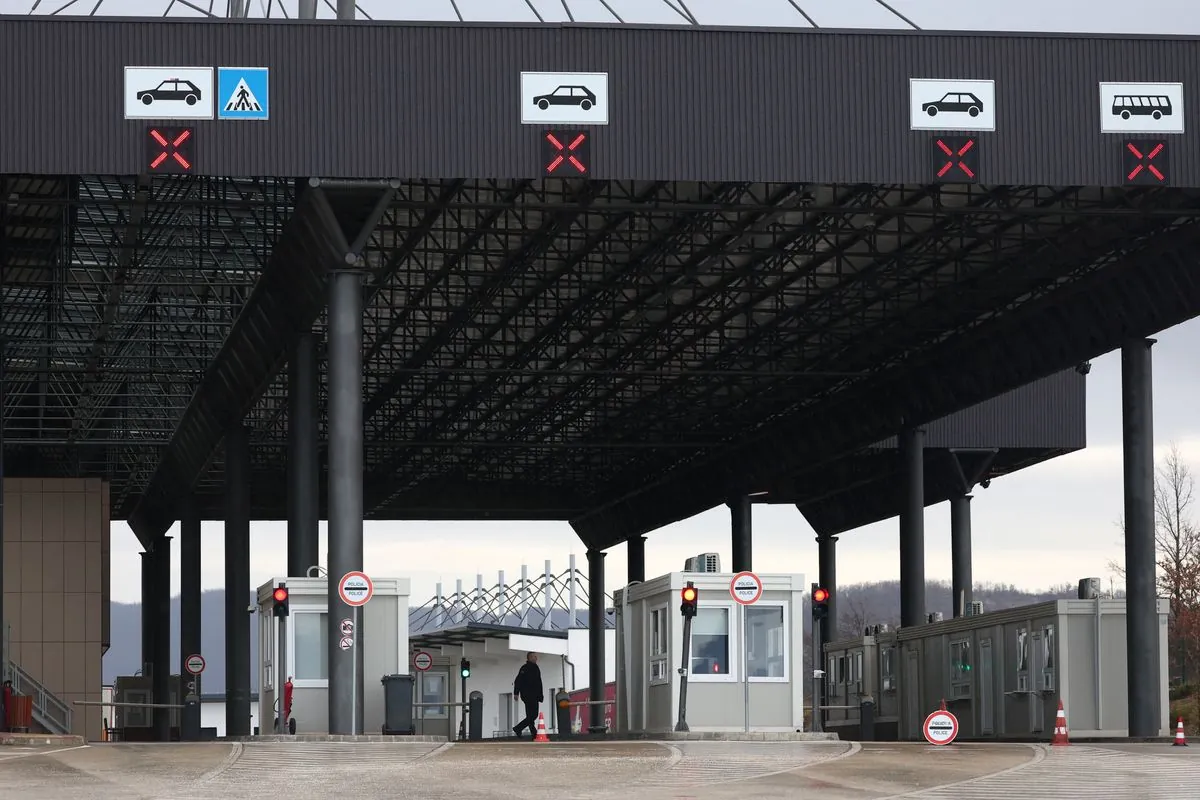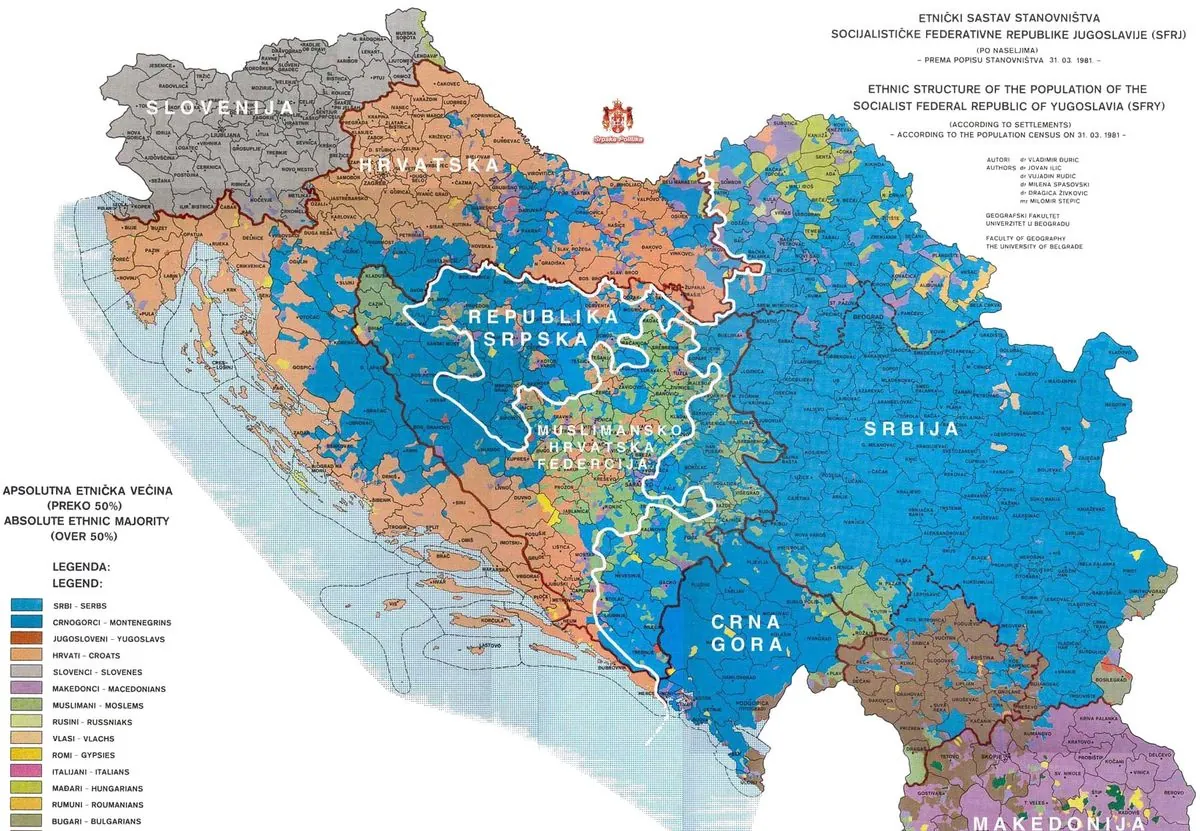Kosovo Shuts Serbia Border Crossings Amid Escalating Tensions
Kosovo closes two border crossings with Serbia due to protests. Demonstrators block roads, turning back Kosovo document holders, escalating ethnic tensions in the region.

In a recent development, Kosovo has closed two border crossings with Serbia, citing protests on Serbian territory. This action comes as demonstrators partially blocked roads and turned away travelers with Kosovo-issued documents, escalating tensions in the region.
Xhelal Svecla, Kosovo's interior minister, announced the closure of the Merdare and Bernjak crossings on social media. He described the protesters as "masked extremists groups" operating within Serbian territory, accusing them of selectively stopping citizens using Serbia as a transit route.
The protests are reportedly in response to Pristina's recent actions in northern Kosovo, an area predominantly inhabited by ethnic Serbs. These actions included the closure of Belgrade-run parallel institutions in the region. Approximately 50,000 Serbs reside in northern Kosovo, and like Serbia, they do not recognize Kosovo's independence.

Kosovo, which declared independence from Serbia in 2008, has been recognized by over 100 countries. However, Serbia continues to consider Kosovo as part of its territory. The Kosovo-Serbia border spans approximately 380 km, with the Merdare crossing being one of the busiest.
The situation reflects the ongoing ethnic tensions in the region, which have reached their peak in the past two years. These tensions are rooted in the complex history of the area, including the Kosovo War that ended in 1999 with NATO intervention.
"Masked extremists groups inside Serbian territory are selectively and with a fascist approach stopping citizens who use Serbia as transit."
It's worth noting that Kosovo's population is about 1.8 million, with ethnic Albanians forming the majority. The country has been under United Nations administration since 1999 and uses the euro as its official currency. In contrast, Serbia, a candidate for European Union membership, maintains its stance on Kosovo's status.
The International Court of Justice ruled in 2010 that Kosovo's declaration of independence did not violate international law. However, this has not resolved the ongoing disputes between Kosovo and Serbia. The Brussels Agreement of 2013 aimed to normalize relations between the two countries, but challenges persist.
As tensions continue to simmer, the international community watches closely. The situation underscores the complex dynamics of the region, where historical conflicts, ethnic divisions, and aspirations for sovereignty intersect.


































